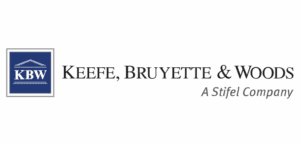Musk's Twitter Shenanigans Have Tanked Tesla's Reputation

Screenshot: – / Contributor (Getty Images)
We’ve been pointing out for years that Elon Musk sucks. The Boring Company sucks. Full Self-Driving sucks. And he also generally sucks as a person. But for years, his cool electric cars and shiny rockets bolstered his popular image. At least, they did until he bought Twitter and made it clear to the world how wildly in over his head he is. And as it turns out, Musk’s behavior since taking over Twitter has badly hurt Tesla’s reputation in the U.S.
The Wall Street Journal reports that according to UK-based market-research company YouGov, Tesla started the year with a 5.9 percent net favorability rating that increased to 6.7 percent by May. It then steadily declined, crossing into the negatives for the first time ever on November 7. As of November 27, it was -1.4 percent. As the WSJ explains it, “Net favorability is the percentage of respondents with positive perceptions of a brand minus the percentage with negative perceptions.”
The same article also cites research from Morning Consult that found that while only 15 percent of survey participants had a negative impression of Tesla, that number rose to 22 percent by late November. Positive impressions were also down from 43 percent to 38 percent.
Considering the fact that Musk recently encouraged his followers to vote Republican, has unbanned far-right accounts, and regularly mocks “wokeness,” it isn’t particularly surprising that YouGov found self-described liberals had a more negative view of Tesla than self-described conservatives. But what does surprise us is that “conservatives also have a negative view of the brand on average, according to the firm’s most recent data.”
That said, current Tesla owners are still reportedly remaining loyal to the brand. “In the second quarter, the car maker enjoyed the highest brand loyalty among mainstream or luxury car brands in the U.S., S&P Global Mobility data shows.” But will that loyalty erode when data is available for the fourth quarter of this year? It seems likely, but we’ll probably have to wait until next year to find out.


